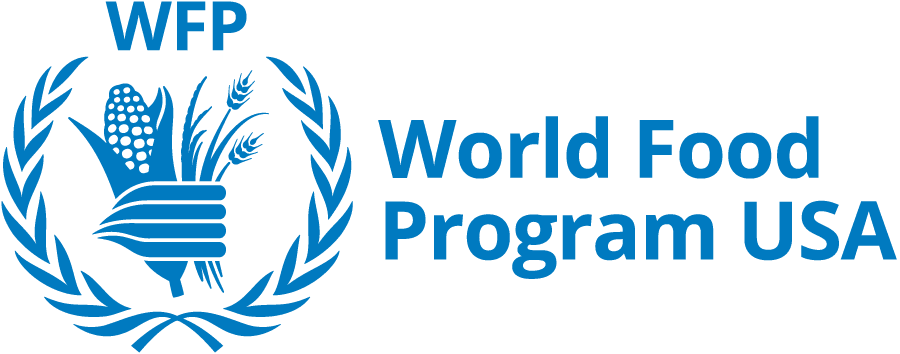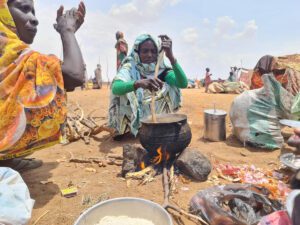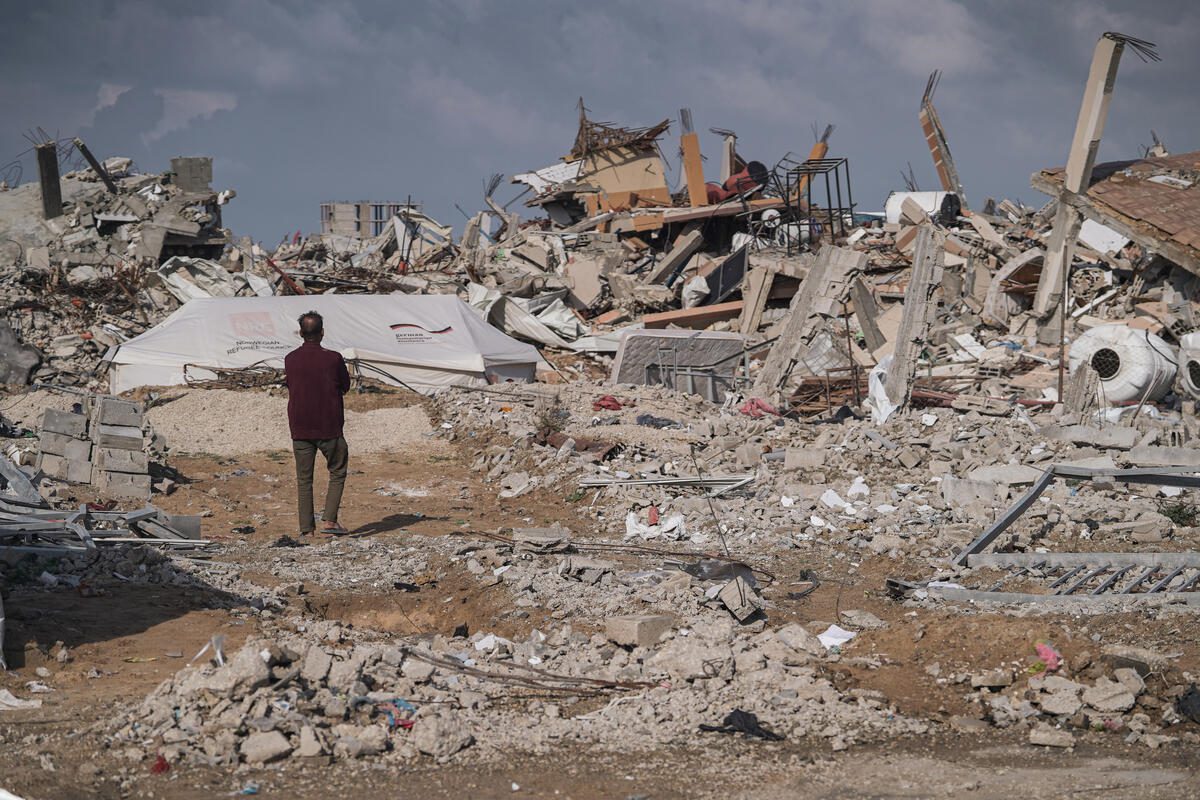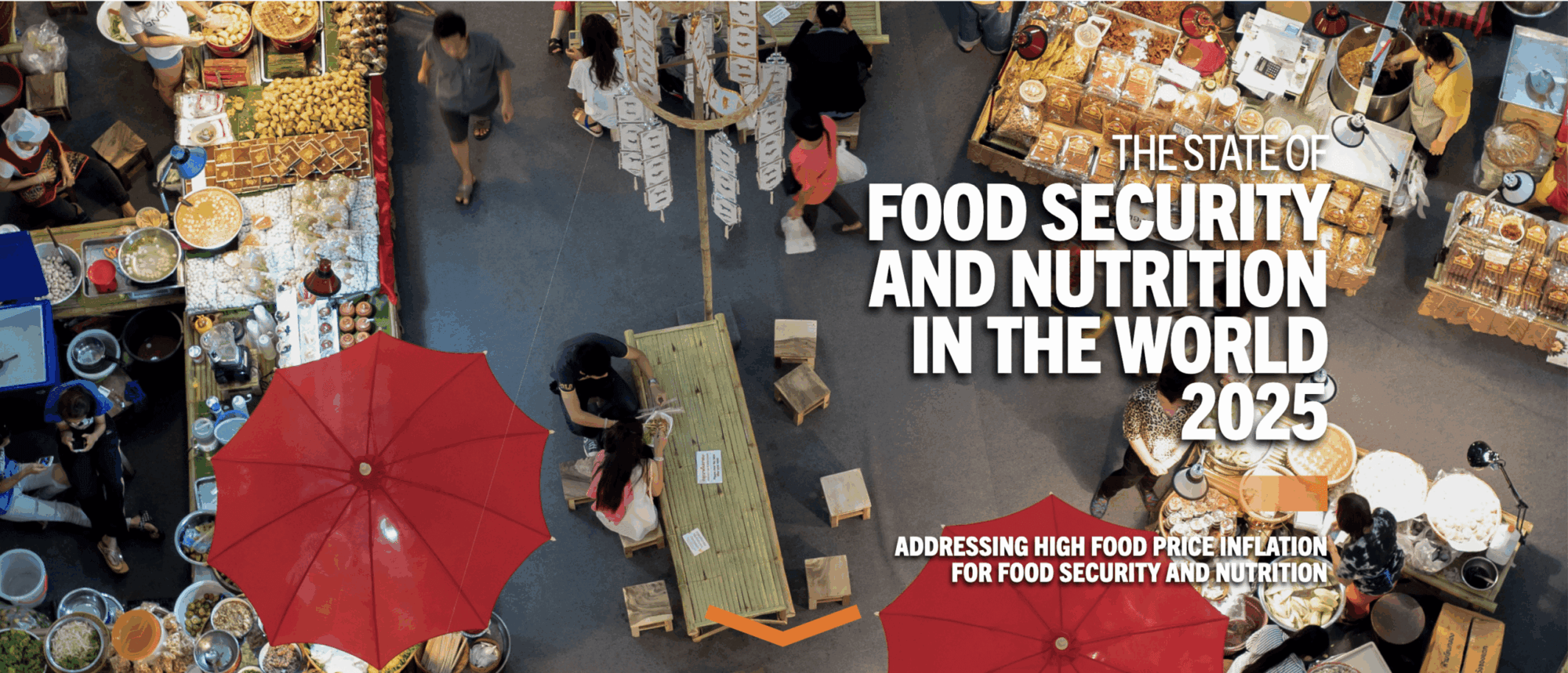For International Day of Clean Air for Blue Skies, we’re taking a look at how women in Senegal are preparing food while reducing air pollution and saving trees.
In the village of Talto Diéga de Kolda, in the south of Senegal, women walk miles each day in search of firewood to cook with. These women work together in community teams to earn additional income.

The United Nations World Food Programme (WFP) has eased the burden on women in the Kolda area by supporting them with the installation of biodigesters, as part of the Rural Resilience Initiative (R4).
The rainy Kolda region is rich in pastureland, where cattle-grazing leaves a plentiful supply of dung. This natural resource is now being transformed into a biofuel and organic fertilizer, through six biodigesters.

These devices, managed by the women’s groups, have built-in units to process grains and vegetables. A number have also been installed in schools in the Kolda region. Each biodigester produces nearly 2,000 gallons of gas and nearly 200,000 pounds of fertilizer per year.
How do these biodigesters work?
Cow dung is collected in the fields, then mixed with water in a large, underground tank.
The chemical reaction, called anaerobic digestion, produces biogas…
which is then conveyed via a pipe to a kitchen.
The residues are transformed into an organic fertilizer…
which is used in the rice fields and backyard gardens to nourish crops.

“The benefits of the biodigester are multiple,” says Ramatoulaye, a member of the women’s group. “Every time I hear about the biodigester, I am happy. Our production now is much better thanks to the fertilizer from the biodigester. Where we found ourselves with 100 bales of rice, we now manage to have between 150 and 200.”
Another benefit of biodigesters is the preservation of the environment, by reducing the use of firewood and allowing forests to regenerate.
Determined to work for the development of their community, the women beneficiaries of the R4 initiative use the biofuel to cook local ingredients to produce broth and a popular drink called bissap. Thanks to loans, they can afford the raw materials and sell the products in markets.

“The income from sales gives us financial independence and allows us to feed our families, and to buy shoes and clothes for our children — but above all to ensure their tuition fees,” says Dieynaba, a member of the Talto Diéga group.
The U.N. World Food Programme has also installed biodigesters to be used by 15 school canteens, for the first phase of a “model canteens” program. The biodigesters will transform cow dung to supply the school kitchens with an environmentally friendly fuel, to cook healthy meals for children.
This story was written by Oumar Lo and originally appeared on WFP’s Stories.






